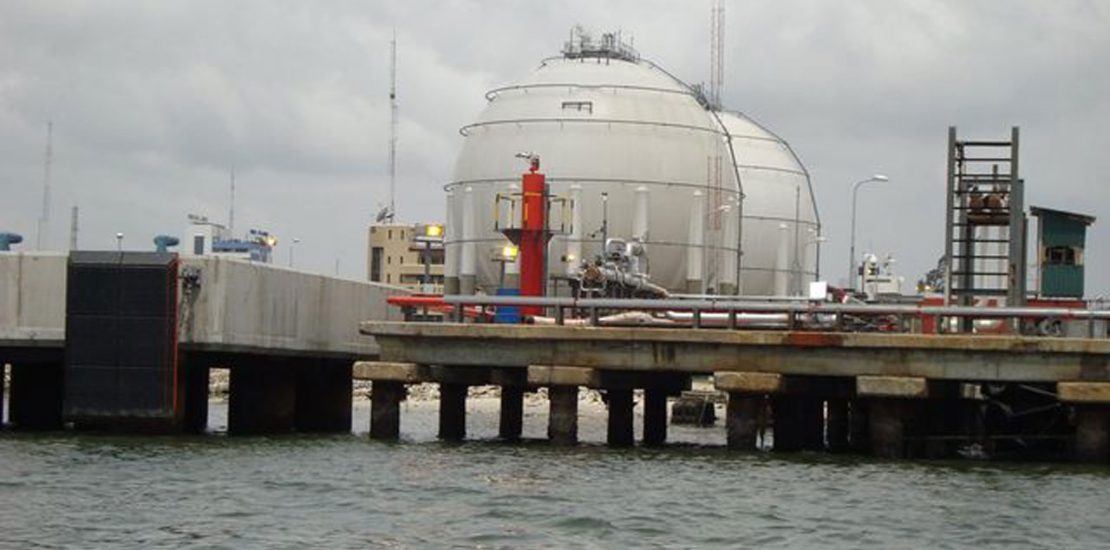‘Why Nigeria’s gas sector development may remain elusive’
- August 16, 2018
- Posted by: frontier_admin
- Category: News

The Nigerian gas sector outlook may remain bleak if lingering challenges, especially unfavourable regulatory framework and poor monetary policies are not addressed.
Nigeria had 5,111 bcm of proven natural gas reserves as of 2014 and ranks ninth among nations with huge natural gas reserves in the world, but gas production remained relatively low when compared with the large amount of proven reserves.
Stakeholders in the sector, including President, Nigerian Gas Association (NGA), Dada Thomas, President of Nigerian Association for Energy Economics (NAEE), Prof. Wumi Iledare, Former President, Nigerian Association of Petroleum Explorationists (NAPE), Abiodun Adesanya, told The Guardian that fiscal policies, especially the monetary policy of the Central Bank of Nigeria (CBN), lacked sanctity of agreement.
They added that uncertainties created by political interests in the country would continue to frustrate foreign direct investment into the sector in the face of growing gas discoveries across the world and massive projects in the US and Asia.
According to them, the situation will hinder development of gas value chain in the country, limit gas based industrial potentials, particularly for the manufacturing and power sectors, create revenue shortfall and reduce the country’s ranking in the international market as well as limit job creation potentials.
Thomas said investors, especially those, who would primarily invest in gas fields and infrastructure have been hindered by a 2015 policy by the CBN, which stipulated that all transactions in Nigeria must be settled in naira and at the apex bank’s rate, not minding that most gas transactions are in dollars.Besides, the inability of the government to pass the Petroleum Industry Bill (PIB) to address the challenges affecting the sector would also continue to delay the development of the sector, the NGA President said.
To him, capping the price of gas and influencing electricity billings against market realities, remained unacceptable.“The major reasons why investors are not coming into the Nigerian space to invest are that nobody wants to invest in a project in which they don’t get their money back and they can’t get their money out of the country. Also the nature of gas project in Nigeria is challenging. Customers especially the power sector have been taking gas and not paying for gas.
“When you want to attract investors to a sector in a country either locally or internationally, you use fiscal policy, so that when they do their economics of a project, it is good and positive and they can take their money back to bank from where they borrowed.“Nigeria has no respect for sanctity of agreement. Contracts and agreements have become worthless, in most cases when you are dealing with government companies and power plant. We need to address all these problems as a nation if we are going to get off this darkness,” Thomas said.
Professor Iledare raised concerns about the manner in which Nigeria is missing viable opportunities, stressing that politicking and the uncertainty in the country’s regulatory structure, especially the non-passage of PIB post critical challenges to the projects. Iledare said while government plans to attract investment, the right frameworks that would bring investments on board are lacking.
“Three things are beclouding the sector; the downturn of the global LNG market, the lack of conducive political environment and investors’ perception of non passage of PIB,” he said.According to him, the industry is too risky to deal with market and political uncertainties, adding, transparency, accountability and governance of the industry are still key challenges.
Iledare said: “We use to be number two in the gas market globally, now we are number five and trying to bring our way back to number four when train seven comes on stream. Governance, stability in taxation regime and sanctity of contracts are too important, those are what investors look at.”Abiodun said the country’s risk index is posting a serious challenge to inflow of foreign direct investment into the oil and gas sector.
While availability of gas feed remained a key challenge holding down projects, Abiodun said there was need to invest into dry gas fields to get more gas for the country.
According to him, since the market opportunities are dynamic, Nigeria must know that other countries are gaining our potential markets.
